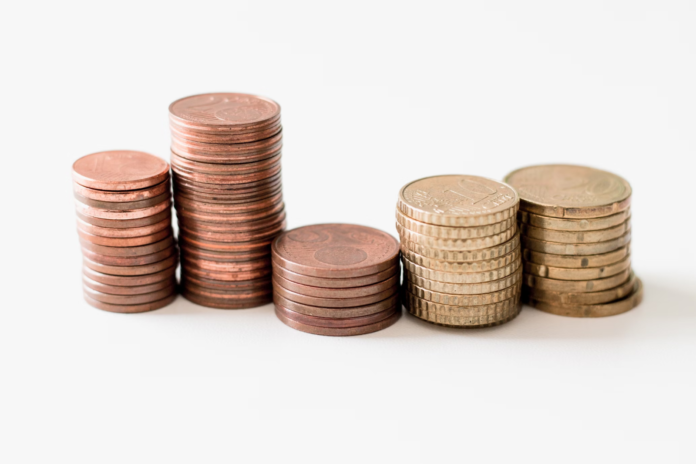Source: Unsplash
A credit score is vital to the acquisition of credit and loans. It is a log of financial transactions and how you have repaid them. The better your score, the more likely you are to be accepted for finance and the better repayment deals you can access. In the article below, we discuss what factors can damage your credit score.
Why Is a Credit Score Important?
Depending on the country or state you are in, you may have several credit reference agencies. They collect data on you regarding financial activities. This can include information from service providers, moneylenders, and public records. They are then combined into a score.
The higher this score is, in theory, the more likely you are to repay a loan. This can mean you may be more likely to get accepted, or in some cases, you may qualify for better deals. It usually takes the form of better interest rates, as the risk to the lender is lower. Thus, a credit score becomes extremely important in everything from financing a car to getting a mortgage.
What Are the Main Misconceptions Around Credit Scores?
Source: Unsplash
There are a few misconceptions about credit scores, mainly regarding the agencies that compile them. It is good to remember that there is usually more than one agency. Thus, you may have a different rating with each one.
Another misconception is that gambling can impact your credit score. Advice from CasinoAlpha’s CEO provides insights into how directly placing money on gambling websites is not an issue that will impact your credit score. The problems arise when bankrolls are not managed and money is gambled, which hinders your ability to make repayments. Thus, like any spending on leisure and entertainment, it needs to be regulated and come from a readily disposable income.
What Can Damage Your Credit Score?
Credit scores can be loosely broken down into five areas. A failure to address any of these can result in a bad credit score.
Payment History – This is around 35% of the score. If you fail to pay bills on time repeatedly, your credit score will be impacted.
Balance Owed – This is the amount of debt you currently have. It could be on finance or credit cards. Try to get all available balances at less than 30%.
Length of Credit History – This is how long you have had credit. If you have only had cards and finance for a year or two, you have less of a repayment record.
Your Credit Mix – This is around 10%. It shows the blend of credit types you have. For example, a car on finance, credit cards, and a good record of paying bills is better than just one.
Credit Applications – Making lots of credit applications in a short period has an adverse effect. It signals that you are desperate for a loan and may be in financial trouble. Try to limit checks as much as possible.
Keeping a Healthy Credit Score
A credit rating is very important if you need any type of finance. Even if you do not need a loan, by working on it now, you set yourself up for when you do. Improving it is a long-term project, so build your credit rating early.
Make sure you don’t fall prey to any of the misconceptions, like the myth that buying certain products or services can impact it. Pay off debts and make sure bills are settled on time. Then start to create a plan for any credit you do have. Not all credit is bad, and when managed properly it can be positive. After six months to a year, you should see a marked improvement in your credit score and find your rating has improved.
Write and Win: Participate in Creative writing Contest & International Essay Contest and win fabulous prizes.















